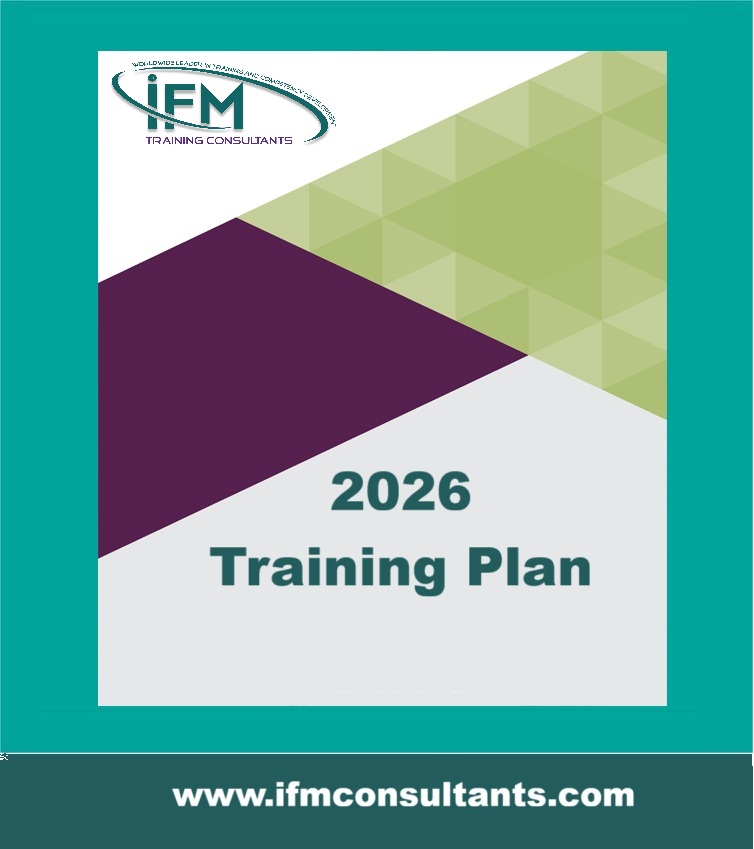Gas Hydrates and Flow Assurance of Reservoir Fluids
| Start Date | End Date | Venue | Fees (US $) | ||
|---|---|---|---|---|---|
| Gas Hydrates and Flow Assurance of Reservoir Fluids | 23 Nov 2025 | 27 Nov 2025 | Kuala Lumpur, Malaysia | $ 4,500 | Register |

Gas Hydrates and Flow Assurance of Reservoir Fluids
| Start Date | End Date | Venue | Fees (US $) | |
|---|---|---|---|---|
| Gas Hydrates and Flow Assurance of Reservoir Fluids | 23 Nov 2025 | 27 Nov 2025 | Kuala Lumpur, Malaysia | $ 4,500 |
Introduction
This 5-day course covers various aspects of flow assurance (i.e. gas hydrate, wax, asphaltene, scale, corrosion, emulsion) with particular emphasis on gas hydrates. In each case, the nature of the problem is discussed and the various testing techniques, risk evaluation, and preventive/remedial options are covered. In general, the focus is on the practical aspects of Flow Assurance to include: PVT phase behavior, finding the relevant data in PVT reports, identifying the associated risks and complimentary test requirements, evaluating the test results and their application to the field conditions, identifying the parameters that should be monitored during the life of the reservoir.
Gas hydrate issues are the main focus of the course, including hydrate formation conditions, inhibitor design strategies, the application of thermodynamic and low dosage hydrate inhibitors, and, hydrate blockage removal techniques. Particular emphasis is placed on predicting gas hydrate formation conditions for different production scenarios and the design of appropriate hydrate prevention strategies. The importance of laboratory techniques and protocols for evaluating the performance of thermodynamic and low dosage hydrate inhibitors (LDHIs) will be discussed.
Objectives
- The range of flow assurance challenges and how to evaluate the risk of occurrence.
- Methods for avoiding flow assurance problems and how best to screen and select mitigation and remediation options.
- Find out how to model various scenarios in the production flow line system.
- Discuss and identify appropriate solutions for the range of flow assurance problems that can arise.
Training Methodology
This is an interactive course. There will be open question and answer sessions, regular group exercises and activities, videos, case studies, and presentations on best practice. Participants will have the opportunity to share with the facilitator and other participants on what works well and not so well for them, as well as work on issues from their own organizations.
Who Should Attend?
Petroleum, production, process, drilling engineers / operators / technicians / managers.
Course Outline
- Introduction to flow assurance and its importance in design and operation of oil and gas facilities
- Phase behaviour of pure, binary and multi-component systems
- Introduction to PVT report, identifying key data
- Basic PVT, bubble point, dew point, flash calculations and phase envelope
- Calculating the amount of condensed/produced water
Gas Hydrates
- Conditions necessary for their formation
- Hydrate dissociation versus hydrate formation
- Calculating hydrate formation point at a given pressure or temperature
- Hydrate phase boundary for gas and oil systems in the presence of condensed water
- Hydrates in low water content systems, dehydration requirement for avoiding gas hydrates, water dew point and its effect on hydrate stability zone
- Using inhibitor in low water content gases
- Evaluating gas hydrate risks in various scenarios, including drilling, well intervention, cleaning, testing, start-ups, normal operations, shut-downs
- Effect of salt(s) on the hydrate stability zone
- Options available to avoid gas hydrate problems
- Calculating amount of thermodynamic inhibitor required
- Combination of salt and thermodynamic inhibitors
- Calculating inhibitor loss to hydrocarbon phases
- Calculating inhibitor injection rates, effect of inhibitor purity
- Methanol versus glycol
- Calculating inhibitor injection rates, effect of inhibitor purity
- Low Dosage Hydrate Inhibitors (LDHI), advantages and disadvantages
- The required conditions for Anti-Agglomerants (AA) application
- Testing and evaluation of Anti-Agglomerants
- Ideal conditions for application of Kinetics Hydrate Inhibitors (KHIs)
- Conventional and new testing techniques for Kinetic Hydrate Inhibitors
- Addressing challenges associated with KHI application, KHIs and shut-in conditions, KHI in produced water re-injection, KHI in MEG regeneration
- KHI removal, recovery and reuse
- New techniques for improving reliability of hydrate prevention strategies
- Hydrate safety margin monitoring
- Detecting early signs of hydrate formation
- Kinetics of hydrate formation and dissociation
- Hydrate deposition
- Risk of hydrates in CCS (Carbon Capture and Storage) and prevention options
- Under-inhibited systems, transportability of hydrate slurry
- Techniques for removing hydrate blockages, risks involved and how to minimise them
Tutorials, case studies and exercises
Waxes
- Introduction to waxes
- Conditions that could lead to wax formation
- Testing techniques to evaluate the risks associated with wax precipitation and deposition
- Techniques for avoiding and/or mitigating wax problems
Asphaltenes
- Introduction to asphaltenes
- Conditions that could lead to asphaltene formation
- Testing techniques to evaluate the risks associated with asphaltene precipitation and deposition
- Risk of asphaltene in EOR
- Techniques for avoiding and/or mitigating asphaltene problems
Scales
- Introduction to scales, various types of scale
- Risk of scale in water flooding
- Testing techniques to evaluate the risks associated with scale precipitation and deposition
- Risk of halite in gas reservoirs and/or gas storage
- Techniques for avoiding and/or mitigating scale problems
Corrosion
- Introduction to corrosion, various types of corrosion
- Risk of corrosion in oil and gas production
- Testing techniques to evaluate the risks associated with corrosion
- Techniques for avoiding and/or mitigating corrosion problems
Emulsion
- Introduction to emulsions
- Conditions that could lead to emulsion formation
- Techniques for evaluation risk of emulsions
- Options for reducing the problems associated with emulsion

















